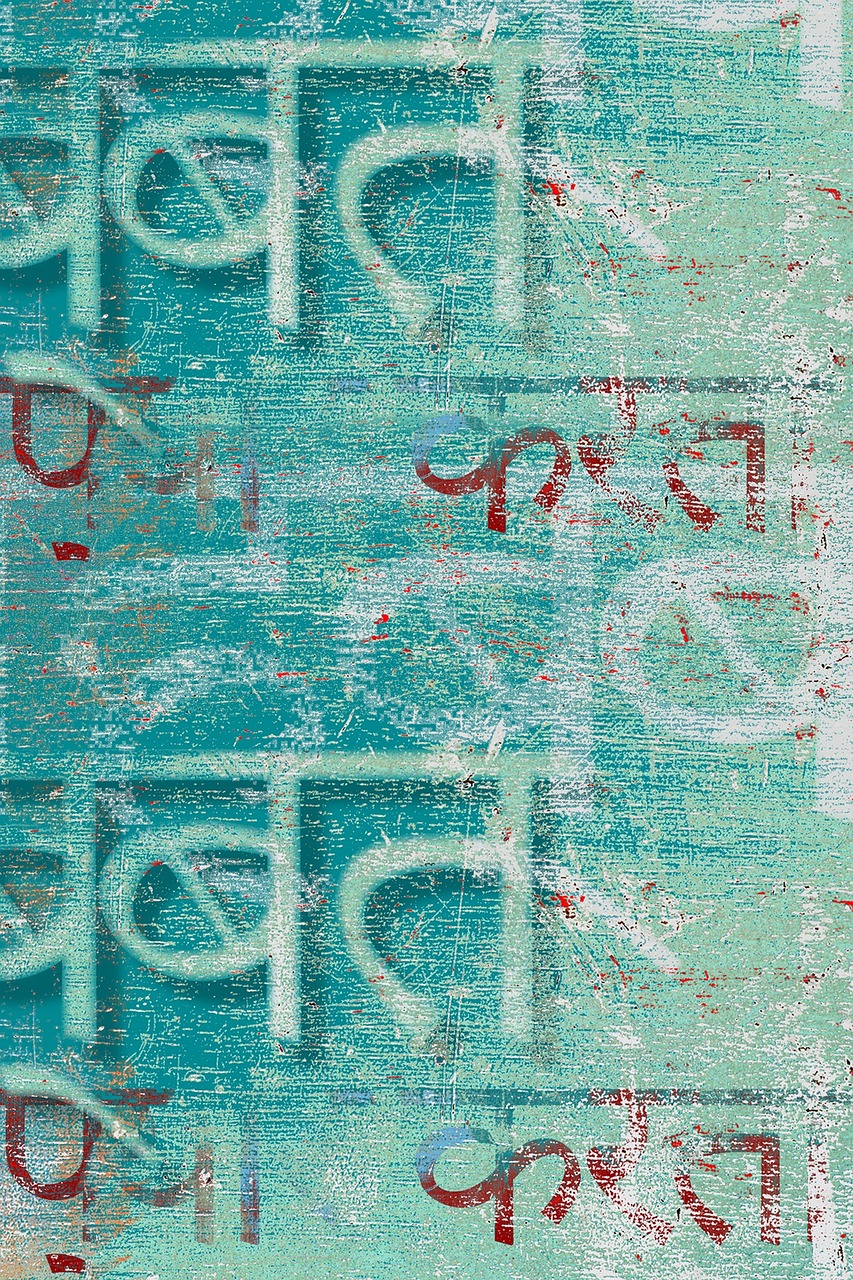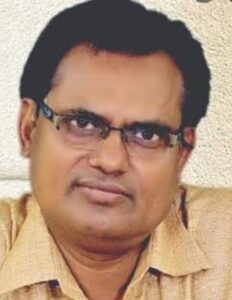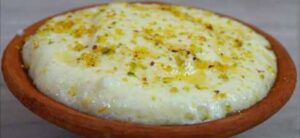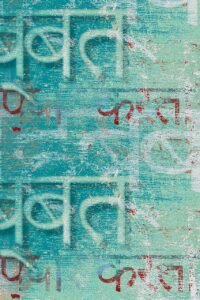
Counterpoint: Why Maithili is languishing
The recognition of Bangla, the progenitor of Maithili, as the only language from India in the Presidential election of the United States of America, amazed me. In the US Presidential election, New York City ballots featured Bangla, making it one of the four languages, Chinese, Spanish, and Korean, available alongside English for voters.
It was not that Bangla did not deserve it; it is the finest language of intellectuals with its showcasing of versatility, the language spoken by the greatest of intellectuals of 19th, 20th and 21st centuries, the prominent individuals who spoke Bengali as their mother tongue, were: Sri Ramkrishna Paramhansa, Swami Vivekananda, Maharshi Sri Aurobindo, Gurudev Rabindranath Tagore, Netaji Subhas Chandra Bose and others.
The American Presidential election vindicated the same. But I must confess to having been wonderstruck.
Maithili is the language of Sita (Kishorijee in Mithila), and her father King Janak. It is the language of the first knower of Brahman, Yajnavalkya, the great philosopher Mandan Mishra, Poet of Poets Vidyapati, the great king of Mithila Sahlesh, and others.
Significantly, with the advent of British imperialism, Macaulay’s deadly fangs unleashed upon India’s glorious Sanskritised roots resulted in the invasion of the English language over its indigenous cultural trappings, including its vernaculars. Moreover, East India Company, expanding its footprints across the geographical landscape of Bharatvarsha, with Job Charnock discovering Calcutta out of three villages: Sutanati, Govindpur and Kalighat, Calcutta became the beneficiary of anglicised wisdom. With Bengalese progressing as the Brown Sahibs– even Bankim Chandra Chatterjee was one such brown Sahibs, who condescended to the lesser mortals, unless of course the bad vibes cropped up between him and his Gora Sahibs – Vande Mataram, was the trigger of his fallouts with his Gora bosses. Unequivocally, Bengali Bhadralok syndrome is the offspring of anglicised wisdom gaining currency in Calcutta where, the new educated class, basking in the English language, began the hobnobbing with English people with the sense of an ease. The rise of greats such as Swami Vivekananda, Maharshi Sri Aurobindo, and Gurudev Tagore, resulted in their thought processes gaining traction across the globe. Calcutta, over time, became a celebrated place for Intellectuals.
Significantly, the esoteric rise of intelligentsia in Calcutta, was in sharp contrast with Mithila bearing the inevitable brunt of the destruction brought about by the calamitous rivers like Kosi and Kamla, where the bare survival of Maithils, the inhabitants of Mithila, became a daunting challenge. Little wonder then, whereas intelligentsia in Calcutta, was progressing in leaps and bounds, Mithila went on slipping in the intellectual hierarchy. Small wonder then, the intellectual gravity of Bangla rose by leaps and bounds, whereas that of Mithila depleted in the same proportion.
The greatness of Vidyapati, eulogised for edification, remained the sole heritage for the Maithils. Ironically, Vidyapati, over a while, stood appropriated by the Brahminical class, which alienated others. Regrettably, the complete ignorance of Yajnavalkya, the first knower of Brahman, Gargi, an outstanding scholar, Mother Kishorijee – even though scores of Maithili songs were sung in Her glorification – Maithils in all their wisdom, gave a decent burial to the heritage of king Sahlesh, Dina- Bhadri and others, because Brahminical supremacy in the society did not acknowledge the heroes from other castes.
Thus Mithila, apart from lacking in anglicised wisdom, fell casualty to the caste discrimination, resulting in the linguistic retardation. Whereas, writing in English gave Gurudev Tagore global exposure.
No poet, in the history of Mithila, had developed the profundity of thought process at par with Gurudev Tagore, despite their being the progenies of Vidyapati. However, in the twenty-first century the rise of Jyotirmaya Thakur as a global poetess, a poet laureate, is the bounty showered upon Maithils by the divine. Significantly, Dr Rajendra Bimal is another stalwart in the field of churning out poetic wisdom, whose poetic wisdom I found, is simply unfathomable– both these greats prominently figure in this book, apart from others.
*Vivekanand Jha is the author of The Living Legends of Mithila, a trilogy.






